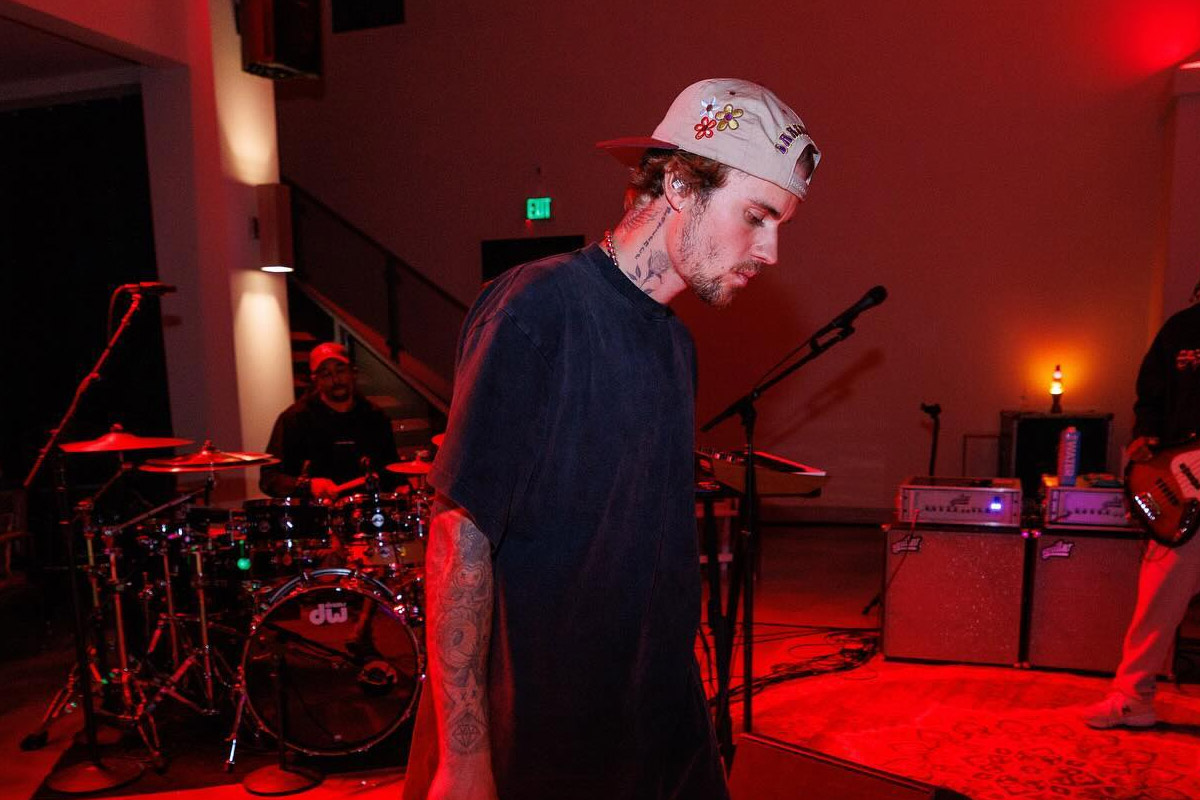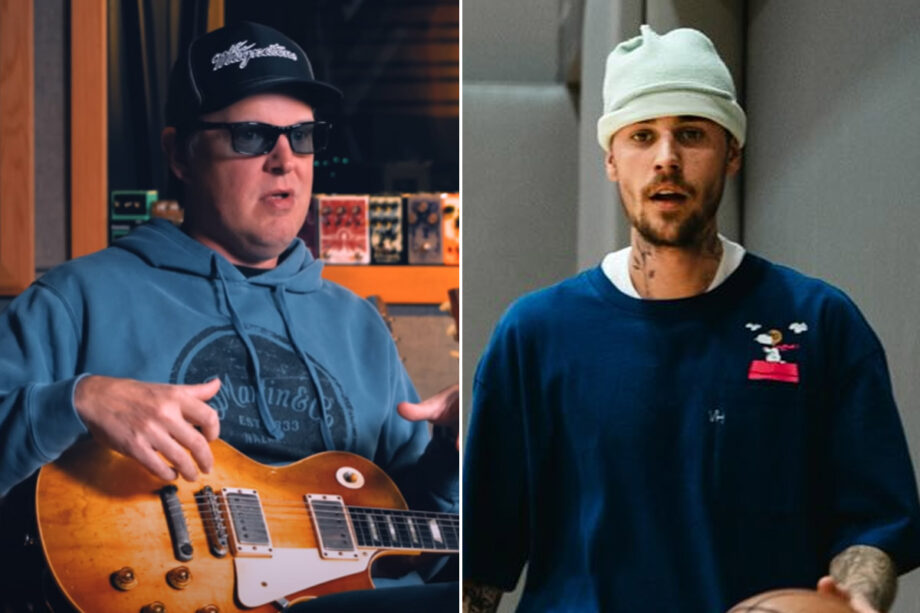Blues rock guitarist Joe Bonamassa has shared his thoughts on X about Justin Bieber’s recent imposter syndrome confession. Bieber expressed his struggles with feelings of unworthiness and self-doubt in the music industry through Instagram.
“I personally have always felt unworthy. Like I was a fraud. Like when people told me I deserve something, it made me feel sneaky like. Damn if they only knew my thoughts. How judgmental I am, how selfish I really am. They wouldn’t be saying this,” Bieber revealed in his candid Instagram post.
“There is always someone who is more talented, harder working, more educated and dedicated than you are musically and in life,” Bonamassa responded. “They deserve it more but sometimes it’s the imperfections and X factor that sets you apart from the rest. It’s best to be thankful, humble and embrace what has been given to you rather than dwell on something that you cannot change.”
This exchange spotlights musicians’ increasing openness about mental health challenges in the industry. The focus particularly centers on imposter syndrome.
Understanding Imposter Syndrome In Music

Research from Music Science Research reveals imposter syndrome’s widespread impact on artists. The condition affects both established and emerging musicians, causing persistent self-doubt despite their achievements.
Artists often experience a deep-seated fear of being exposed as fraudulent. This fear persists even when they have achieved significant recognition in their careers.
Mental Health Awareness In The Industry

Mixmag highlights a growing movement of artists following Bieber’s example. More musicians now openly discuss their mental health struggles. This shift has created a more supportive industry environment.
Young artists lead this change in the music business. They actively break down traditional stigmas surrounding mental health discussions.
Professional Impact And Support

ANR Factory emphasizes the importance of addressing imposter syndrome for career longevity. Their studies show this issue directly affects artists’ creative development.
Industry experts advocate for strong support systems among musicians. They stress the value of maintaining open dialogue and fostering mutual understanding within the artistic community.





